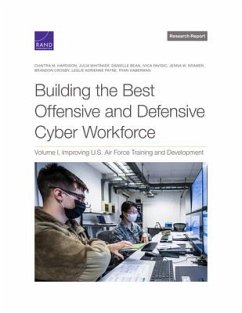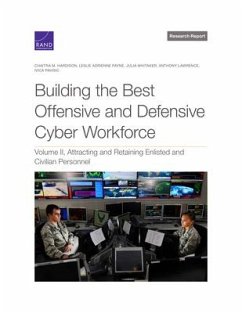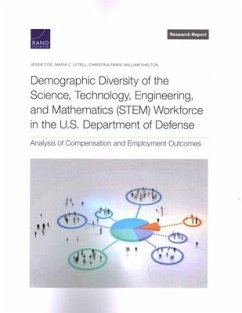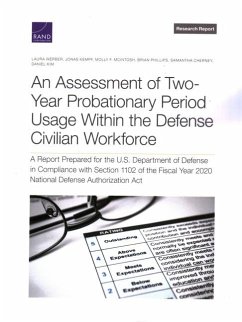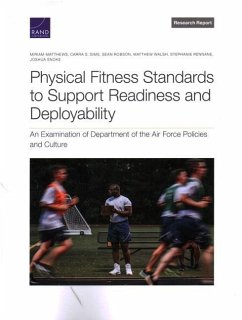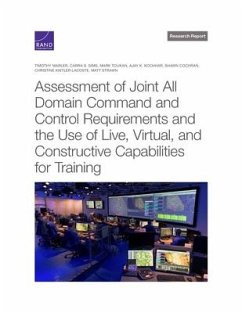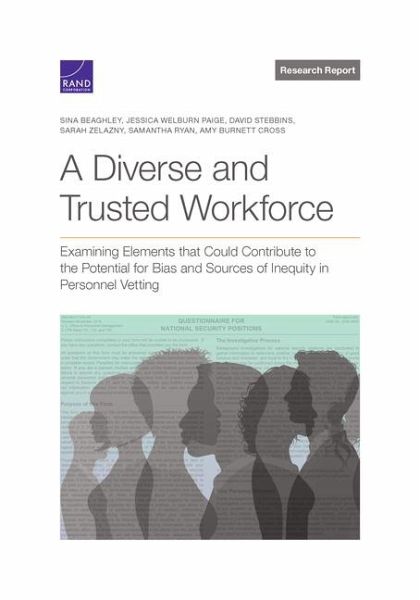
A Diverse and Trusted Workforce
Examining Elements That Could Contribute to the Potential for Bias and Sources of Inequity in National Security Personnel Vetting-
Versandkostenfrei!
Versandfertig in über 4 Wochen
26,99 €
inkl. MwSt.

PAYBACK Punkte
13 °P sammeln!
The authors explore the potential for bias or sources of inequity related to race or ethnicity, gender, gender identity, sexual orientation, or neurodivergence within the security clearance vetting process.





